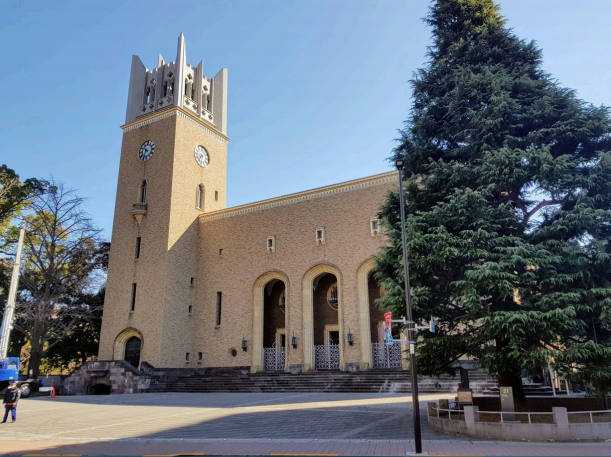UG IN JAPAN

UG IN JAPAN
Pursuing undergraduate studies in Japan is a commendable aspiration, offering exposure to a rich cultural heritage and advanced educational systems. Here’s a comprehensive guide tailored for Indian students who have completed their 12th standard with subjects like Mathematics, Economics, Commerce, and English.
Eligibility Criteria:
- Academic Qualifications: Completion of 12 Years of Education: Applicants must have completed 12 years of schooling, equivalent to the Japanese high school system. Your background in Mathematics, Economics, Commerce, and English aligns well with various undergraduate programs in Japan.
- Age Requirements: General Age Bracket: For most undergraduate programs, applicants should be between 17 and 25 years old.
Language Proficiency:
- English-Taught Programs: Many Japanese universities offer programs entirely in English. For these, proficiency in English is essential, often demonstrated through standardized tests like TOEFL or IELTS.
- Japanese-Taught Programs: If opting for courses taught in Japanese, proficiency in the Japanese language is typically required, proven through exams like the JLPT (Japanese Language Proficiency Test).
Universities Offering Undergraduate Programs in English:
Several Japanese universities actively welcome international students and offer undergraduate programs conducted in English. Notable institutions include:
International Christian University (ICU):
Program: Liberal Arts Details: ICU is renowned for its bilingual education system, offering courses in both English and Japanese across various majors.
Ritsumeikan Asia Pacific University (APU):
Programs: College of Asia Pacific Studies (APS), College of International Management (APM).
Details: APU boasts a multicultural environment with a 50% international student body, providing courses in both English and Japanese.

Waseda University
- Programs: School of International Liberal Studies, among others.
- Details: Waseda offers several English-based degree programs, fostering close interaction between international and Japanese students.

Keio University
Programs: Faculties of Letters, Economics, Law, Business, Commerce, among others.
Details: Although courses in Japan, Keio University also offers programs in English, including double degree options with well-known schools like Sciences Po & Bocconi University.

Tokyo International University (TIU):
Program: E-Track Program.
Details: TIU provides 100% English-taught programs focusing on business and commerce, attracting a diverse international student body.
FEES STRUCTURE
Public Universities: Annual tuition is approximately 535,800 JPY (around 3.5 lakh INR).
Additional expenses may include admission fees, course materials, and living costs. It’s advisable to consult the specific university’s official website for precise figures.

Scholarships and Financial Aid:
1. Japanese Government (MEXT) Scholarship:
Benefits: Covers tuition fees, provides a monthly allowance (approximately 117,000 JPY), and includes round-trip airfare.
Eligibility: Indian citizens born on or after April 2, 1999, who have completed 12 years of schooling with a minimum of 65% in Class 11 and 12.
Application Process: Applications are typically submitted through the Embassy of Japan in India.
University-Specific Scholarships:
Many universities offer their own scholarships based on academic merit, extracurricular achievements, or financial need. It’s recommended to explore the financial aid sections of prospective universities for detailed information.
OUR PAYMENT TO APEX INTERNATIONAL WILL BE NOTIFIED AFTER CONFIRMATION WITH THE JAPANESE UNIVERSITIES.
Additional Considerations:
- Entrance Examinations: Some universities may require standardized tests or their own entrance exams as part of the admission process.
Student Visa: Upon acceptance, you’ll need to apply for a student visa, which requires proof of admission, financial stability, and other documentation.
Cultural Adaptation: Familiarizing yourself with Japanese customs, traditions, and societal norms will enhance your experience and integration into the community.

Embarking on undergraduate studies in Japan is a journey that combines academic rigor with cultural enrichment. Thorough research and preparation will equip you to make informed decisions and fully embrace the opportunities that await.
